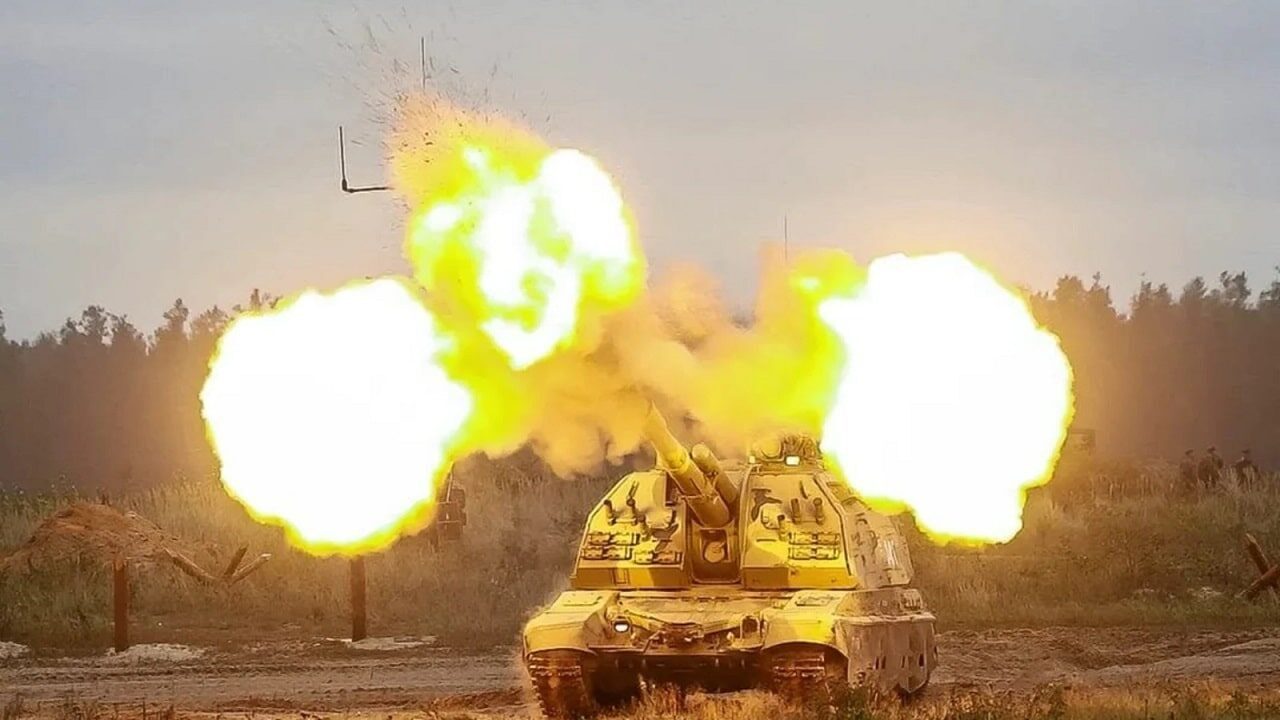Putin vs. Sanctions – Russian Central Bank Slashes Interest Rates: Russia’s central bank slashed its interest rates this week and indicated that borrowing costs could drop even further. The news comes as Western economic sanctions continue to wreak havoc on the Russian economy and supply chains, and the country’s leading economists work to stabilize economic conditions.
Elvira Nabiullina, the head of the Central Bank of Russia, announced the decision on Friday and took questions for the first time since the Russian invasion of Ukraine began.
“We are in a zone of colossal uncertainty,” she said.
“We will make decisions on monetary policy taking into account the need to adapt the economy to a radically changing environment,” Nabiullina also explained, adding that maintaining price stability remains the bank’s main priority.
The decision to slash its key interest rate to 14% was unexpected, and economists say that the rate could be dropped even lower in the coming months as Russia tries to control skyrocketing consumer prices.
In April, interest rates dropped to 17%, after initially being raised to 20% only days after Russia announced the “special military operation” in Ukraine.
“Today, we see room for a key rate reduction before the end of the year,” Nabiullina told journalists on Friday.
“We will make our further decisions on monetary policy considering that the economy needs to adjust to the dramatically changing conditions. Price stability is always the top priority for us as it is critical for steady economic growth,” she added.
Sanctions Update: Why Russia Raised Then Slashed Rates
When the Russian central bank initially raised interest rates from 9.5% to 20% in February, the move was designed to stop Russian citizens from withdrawing their cash from the nation’s financial institutions.
In an effort to save the ruble, the central bank incentivized Russians to keep their savings in domestic banks and ordered domestic businesses to sell 80% of all their U.S. dollar assets.
The latest move would, theoretically, make it easier for Russians to make larger purchases and increase demand for consumer and household goods. However, with continued economic uncertainty, and major supply chain problems for most industries in Russia, it’s unclear just how much of a positive effect these recent changes will have.
Fergus Hodgson, director of the financial consultancy firm Econ Americas, said the decision was an act of desperation is likely an attempt to “catalyze spending and borrowing for business activity.”
“It is a short-term Keynesian ploy that might have a marginal effect,” Hodgson said.
“However, it glosses over the deeper problems for the Russian economy. There are many: limited trade, low foreign investment, low regime certainty, low productivity, and a lack of the rule of law. Fiddling with interest rates does nothing to resolve the fundamental shortcomings.”
While the central bank’s latest decision may have some temporary or marginal positive impact on the economy, supply chain issues for several key industries remain unsolved.
Jack Buckby is a British author, counter-extremism researcher, and journalist based in New York. Reporting on the U.K., Europe, and the U.S., he works to analyze and understand left-wing and right-wing radicalization, and reports on Western governments’ approaches to the pressing issues of today. His books and research papers explore these themes and propose pragmatic solutions to our increasingly polarized society.

